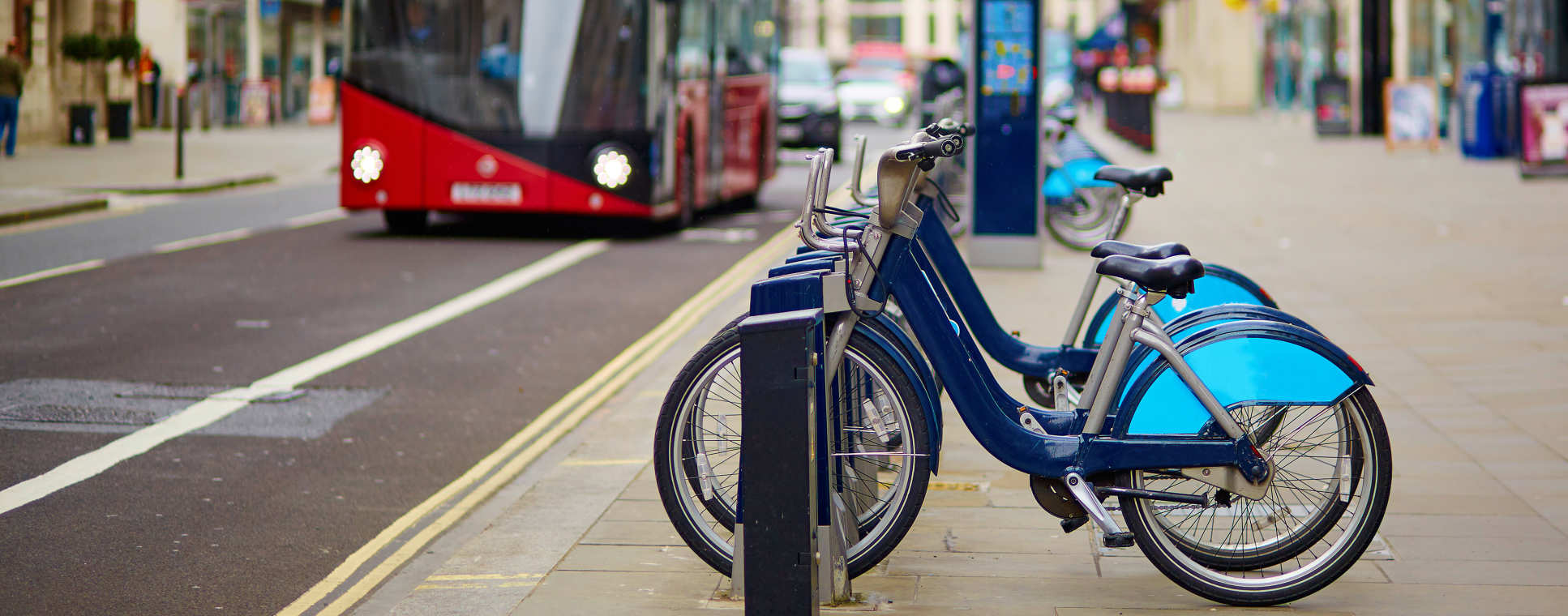
Summary
The focus of this work is to identify effective interventions to increase active travel (walking, cycling and public transport) as a means of increasing physical activity levels, reducing overweight, decreasing air pollution and contributing to a low carbon future globally.
Research focus
- Identifying effective interventions to increase active travel
- Learning from natural experiments conducted internationally to increase active travel
Research topics
- We undertook an evaluation of the free bus pass for older people in England.
- We used nationally representative data over 25 years to investigate commutes modes, cancer incidence and mortality.
- We have a major project examining the potential for Road User Charging to change travel patterns and improve health.
- We have been involved in a range of research on the impacts of Low Traffic Neighbourhoods in England, including their impacts on crime, fire service response times and injuries.
Country focus: England, Brazil, India
Project example
Our examination of commute mode and health over 25 years used data from the Office for National Statistics Longitudinal Study of England and Wales, which linked the Census of England and Wales for 1991, 2001, and 2011 to mortality and cancer registrations. It found that people who cycled to work were at reduced risk of death and those who walked to work had a reduced risk of cancer. This contributes to our knowledge by having a longer term follow up than many other studies.